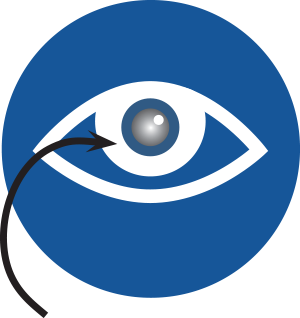Refractive Surgery Cunsulation

Refractive Surgery Consulation
Refraction refers to the bending of light as it passes through the cornea and into the retina, where the light is converted into electrical impulses that can be interpreted by the brain. The bending process is important so that just enough light is perceived by the eyes.
Refractive errors affect how much light goes through the eyes and distorts the image a person sees.
There are many different types of refractive errors. These include:
- Nearsightedness (myopia) – This condition is characterized by a person’s inability to see objects that are far.
- Farsightedness (hyperopia) – This condition refers to the person’s inability to see near objects.
- Presbyopia (age-related) – A person with presbyopia cannot see objects clearly as the eyes are having trouble focusing. This is age-related and commonly affects people who are 60 years old and above.
- Astigmatism – In the case of astigmatism, there is an abnormality in the shape of the cornea causing blurry vision. The cornea is the part of the eye that is found at the front. It is transparent and made up of hundreds of cells and proteins. The shape of the cornea, which is normally round, can help determine how much light the eyes can focus on.
Keratoconus – This is a progressive eye condition wherein the shape of the cornea changes from being round to conical as the layer becomes thinner.
These eye problems can be corrected by a number of refractive surgical techniques, which include:
LASIK (laser in situ keratomileusis) – this is currently the most common type of surgery to correct vision problems. It uses laser to reshape the inner cornea.
- LASEK (laser epithelial keratomileusis), this creates a flap on the epithelial tissue and laser is used to reshape the cornea
- RLE (refractive lens exchange) – in this technique, the eye’s natural lens is replaced with a lens that is made of plastic or silicon
- PRK (photorefractive keratectomy) – this is ideal for mild vision problems





